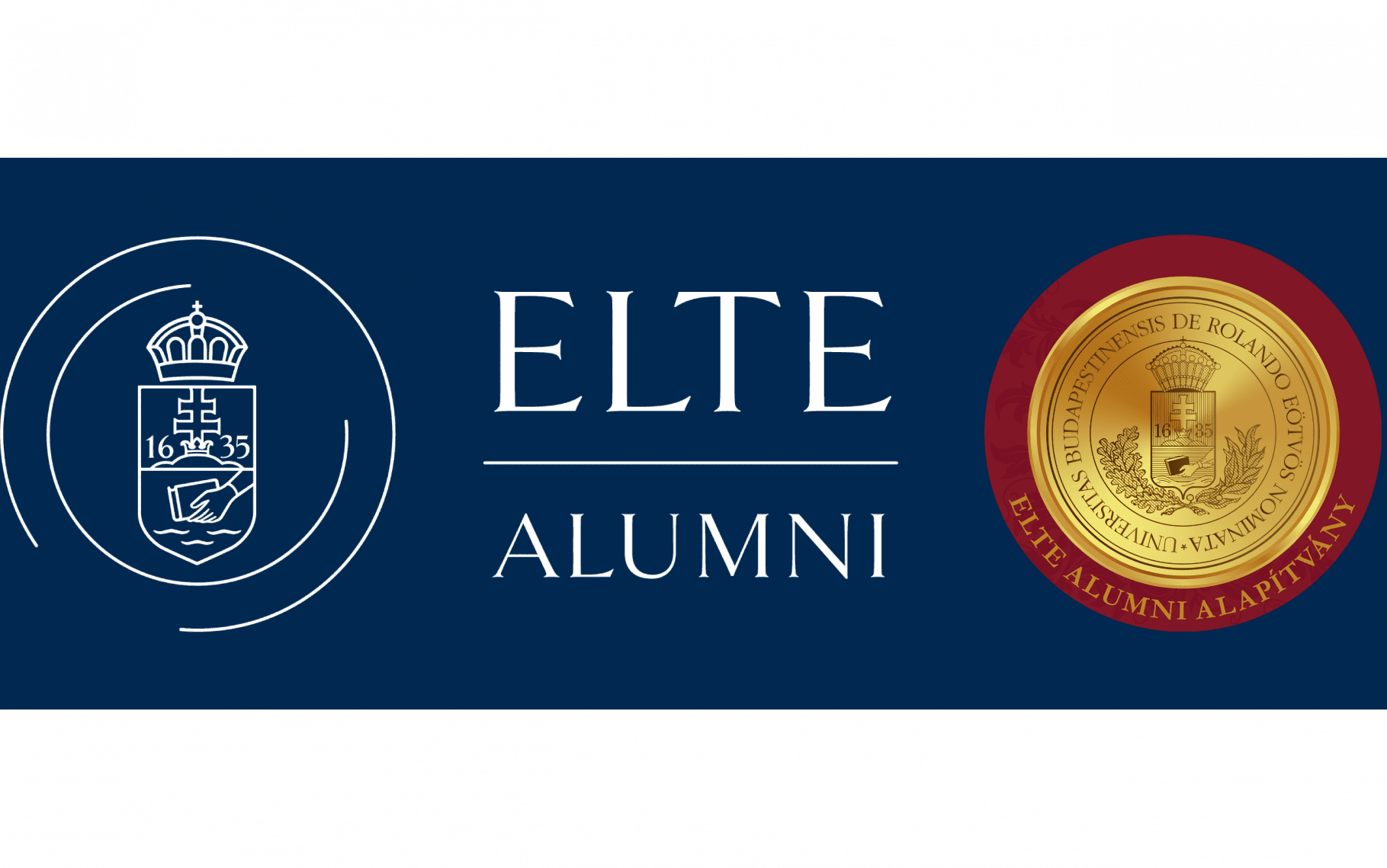Interview with Gergely Galovics, PhD-student of ELTE, Doctoral School of Sociology, mentor of SHACK Budapest about social impact, innovation, and digital solutions for social challenges.
Q: Since 2018, you’ve supported the organizing team of the hackathon and also appeared at the event as a mentor. You seem to be committed to the event. Did the event find you initially, or did you reach out to the organizers?
G.G. The organizers of the event strive to bring together experts from every university and scientific field. Professor Péter Bodor [Department of Sociology, ELTE Faculty of Social Sciences] was asked back in 2018 to be a mentor at the first Social Hackathon in Budapest, but he couldn’t attend, so he asked me if I would be interested. To be honest, I didn’t know what a hackathon was and how it looked like, but I liked the idea of creating something useful in a matter of few days which should have positive social effects as well, so I decided to give it a try. I was not disappointed, as the whole thing was well organized and I believe all the participants had a great experience, so from that point, I am happy to attend any hackathon to which I am invited.
Q. If a student—a future participant—asked you why it is worth participating in the hackathon, what would you respond to them?
G.G. In social studies, we mostly work at a theoretical level and we rarely have the opportunity to put our ideas into practice.
Hackathon is a great opportunity for students of social studies to put their gained knowledge and ideas into finished products, and to do that all in the matter of 48 hours.
Q. How should a student picture the hackathon? What happens, after a participant arrives at the venue? Can they choose their team? How do they receive mentoring? What roles are there in the teams, and how are ELTE students supposed to contribute to team work?
G.G. The event starts with an opening ceremony, where the organizers present the topic of the annual event and explain the purpose of the Hackathon. This is followed by the presentations of different experts and entrepreneurs which helps the students to have some picture about the topic and gain some inspiration. After some networking games, they will start to pitch their ideas and form their groups.
As we have participants from different backgrounds like coding, developing, social innovation, and entrepreneurship, we are trying to help to form mixed groups, so the whole part of the creating process and its aspects can be covered during their work.
The next two days are basically just about working on your project, during which different mentors help you with your work and you can learn from numerous interactive workshops. At the end of the event the groups present their projects and the Jury will test them and vote for the best.
Q. As a mentor, are you there for 48 hours as well?
G.G. I am doing my best to be available most of the time, but as the organizers have many onsite and online coaches, the students can reach a mentor at any time.
Q. What is your favorite part in participating in the event as a mentor?
G.G. The idea pitching, where the raw concepts are created, after which students decide on which one they want to work during the next two days.
Q. What are your research interests as a PhD-student, and in what ways do events like SHACK inspire you as a researcher?
G.G. My research interests focus on the discursive aspects of national identity among the minorities living in Central Europe, with specific emphasis on the interrelationships between secondary orality, modern communication technologies, and ethnicity.
The effect of technological innovation on the society is an important aspect of my research interest.
I was keen to see what products were created by the student during a Hackathon, and how they can help to tackle the existing social problems. The result exceeded all my expectations. It was great to see the fantastic ideas our students have, and that they were able to implement them in some final products during the event.

Megjegyzések0
Nincs jogosultsága a megtekintéshez, illetve megjegyzés írásához.Kérjük, jelentkezzen be.
Javasolt cikkek

